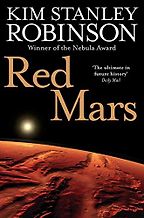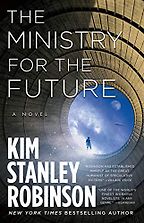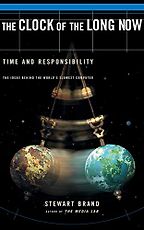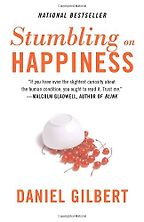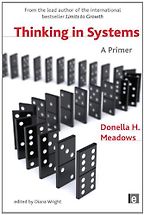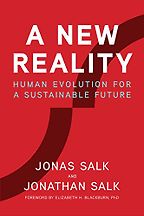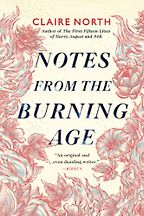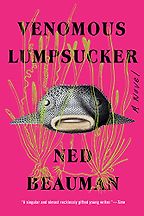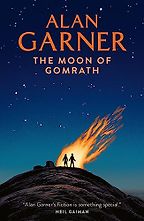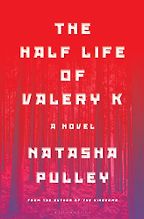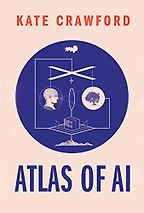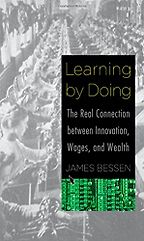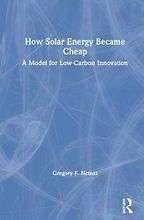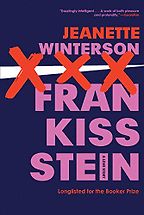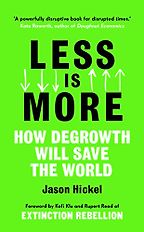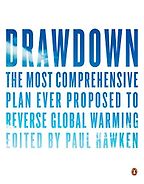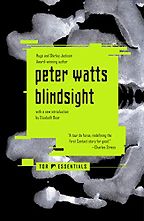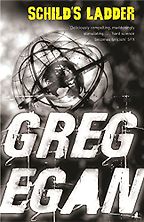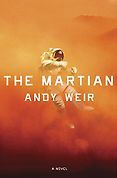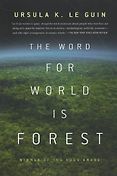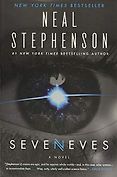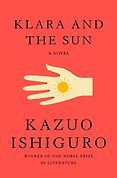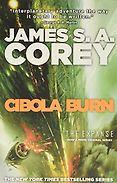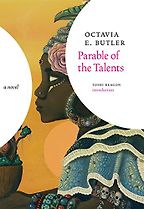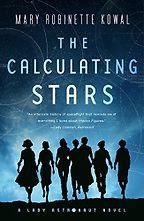Books by Kim Stanley Robinson
“Red Mars is a classic, the first in a 1990s trilogy, followed by Green Mars and Blue Mars. It’s about how humans would colonize Mars…It’s soap operatic. There are weird love triangles, and people being assassinated, and terraforming on a vast scale – they melt the ice caps on Mars, and characters get caught in the flood and have to try to survive… It’s dramatic and large-scale. But at the core of it is this question: what right do we have to the natural world? What’s going to happen to us if we go to this other planet and change it to suit us?” Read more...
Those who enjoyed Dune primarily for its sense of place—those searing days of relentless heat, the shifting sands, the blinding dust storms—may be interested in Kim Stanley Robinson’s Red Mars, the first of his acclaimed Mars trilogy, in which an international expedition lands on the cold and barren planet with ambitious plans to establish new human colonies there. Red Mars is much more of a hard science fiction book, greatly taken up with the practicalities of terraforming—there are diagrams—but if you like your political wrangling and acts of war interspersed with planetary physics, this is the book for you. (If so, I think you will also enjoy this impressive visualisation of the Arrakis climate, as modelled by research scientists from the data Herbert provides in Dune.)
From our article Books like Dune
“It’s an ecological thriller. We open in India, with a ‘wet bulb’ moment, which is when humidity is very close to 100% and the temperature very close to a human homeostatic body temperature. If the external environment is that hot, and you can’t sweat, you’re going to cook—in the book, 20 million people die. Then, as a result, India says it is going to start seeding clouds of sulphur dioxide. Then there’s an eco-terrorist group which has realised that the way to get people to do something is to bomb the private jets of the super-rich. And gradually this body, the Ministry for the Future, starts to get a bit of power. Kim Stanley Robinson did a lot of research. I interviewed him for a podcast, and he spent many years talking to people to find a plausible scenario. You’re not reading this book for the quality of the language the way you are with the other books, you are reading it for the ideas.” Read more...
Manda Scott, Novelist
“I consider him the greatest contemporary long-term thinker in SF. He is grappling with the kinds of topics I’m trying to grapple with in my book, such as how do we think long-term about biodiversity loss, the climate crisis, artificial intelligence and so on? Over the last couple of years I’ve read more books by Kim Stanley Robinson than by any other writer.” Read more...
The Best Books for Long-Term Thinking
Roman Krznaric, Philosopher
Interviews where books by Kim Stanley Robinson were recommended
The Best Books for Long-Term Thinking, recommended by Roman Krznaric
We would all love our economic and political systems to be less short-termist in approach, but how do we set about encouraging a more long-term ethos? Cultural thinker Roman Krznaric, author of The Good Ancestor, recommends five books to get us thinking about the long term, up to ten millennia in the future.
The Best Climate Change Novels, recommended by James Bradley
The best fiction allows us to hold ideas in our heads about time and space and causality and connection that are difficult to articulate in other ways, argues the Australian author James Bradley. It helps its readers engage with dangers and possibilities that are at the very edge of imagination
The Best Eco Thrillers, recommended by Manda Scott
‘Eco thrillers’ are books that combine suspenseful plotting with environmental themes. Here, the bestselling novelist and chart-topping podcaster Manda Scott selects five thrilling novels that explore the climate emergency and other ecological crises through fiction, with an emphasis on books that envisage a route forward.
-

1
Atlas of AI: Power, Politics, and the Planetary Costs of Artificial Intelligence
by Kate Crawford -
2
The Planet Remade
by Oliver Morton -

3
Learning by Doing: The Real Connection between Innovation, Wages, and Wealth
by James Bessen -

4
The Ministry for the Future: A Novel
by Kim Stanley Robinson -

5
How Solar Energy Became Cheap: A Model for Low-Carbon Innovation
by Gregory F. Nemet
The Best Books on Tech, recommended by Azeem Azhar
The Best Books on Tech, recommended by Azeem Azhar
Technology is already running our lives and unless regulations are updated to keep up, it could upend our way of life completely, warns Azeem Azhar, entrepreneur, investor, and creator of the Exponential View newsletter. Here, he recommends his five top tech books to help us navigate the near future, from a technical tome to a science fiction novel.
-

1
The Sixth Extinction
by Elizabeth Kolbert -

2
Frankissstein: A Novel
by Jeanette Winterson -

3
The Ministry for the Future: A Novel
by Kim Stanley Robinson -

4
Less is More: How Degrowth Will Save the World
by Jason Hickel -

5
Drawdown: The Most Comprehensive Plan Ever Proposed to Reverse Global Warming
by Paul Hawken (editor)
The best books on Global Challenges, recommended by Rowan Hooper
The best books on Global Challenges, recommended by Rowan Hooper
Which are the most pressing global challenges we face today? In How to Spend a Trillion Dollars Rowan Hooper, a senior editor at the New Scientist, makes the case for the ones he considers the most urgent. Here, he recommends books that help illuminate some of those challenges—including the amazing resource that is ‘Project Drawdown’.
The Best Alien Invasion Books, recommended by Seth Dickinson
Alien invasions are one of the most enduringly popular themes in sci fi. Author Seth Dickinson introduces five mind-bending novels that give a fresh take on the idea of the alien: invasions that are so other in their motives, methods, or meaning that they push us to the edges of human understanding.
Science Fiction Recommended by Scientists
“The best science fiction is heavy on science and light on fiction,” Professor Chris Mason told us in his interview on science fiction and space travel. A geneticist and computational biologist at Cornell, he is just one of several scientists who have recommended the best sci-fi books on our site. Below, we’ve collected all our sci-fi books recommended by scientists—good choices for readers who love their fiction scientific.
The Best Sci Fi Books on Space Settlement, recommended by Erika Nesvold
We look to the stars and imagine a new home for humanity, an escape from the troubles that plague us here on Earth, but as astrophysicist Erika Nesvold points out, many of our problems will join us on our voyage. Here, she selects five science fiction books that illuminate the challenges and possible conflicts we’ll face if we head for this new frontier.
